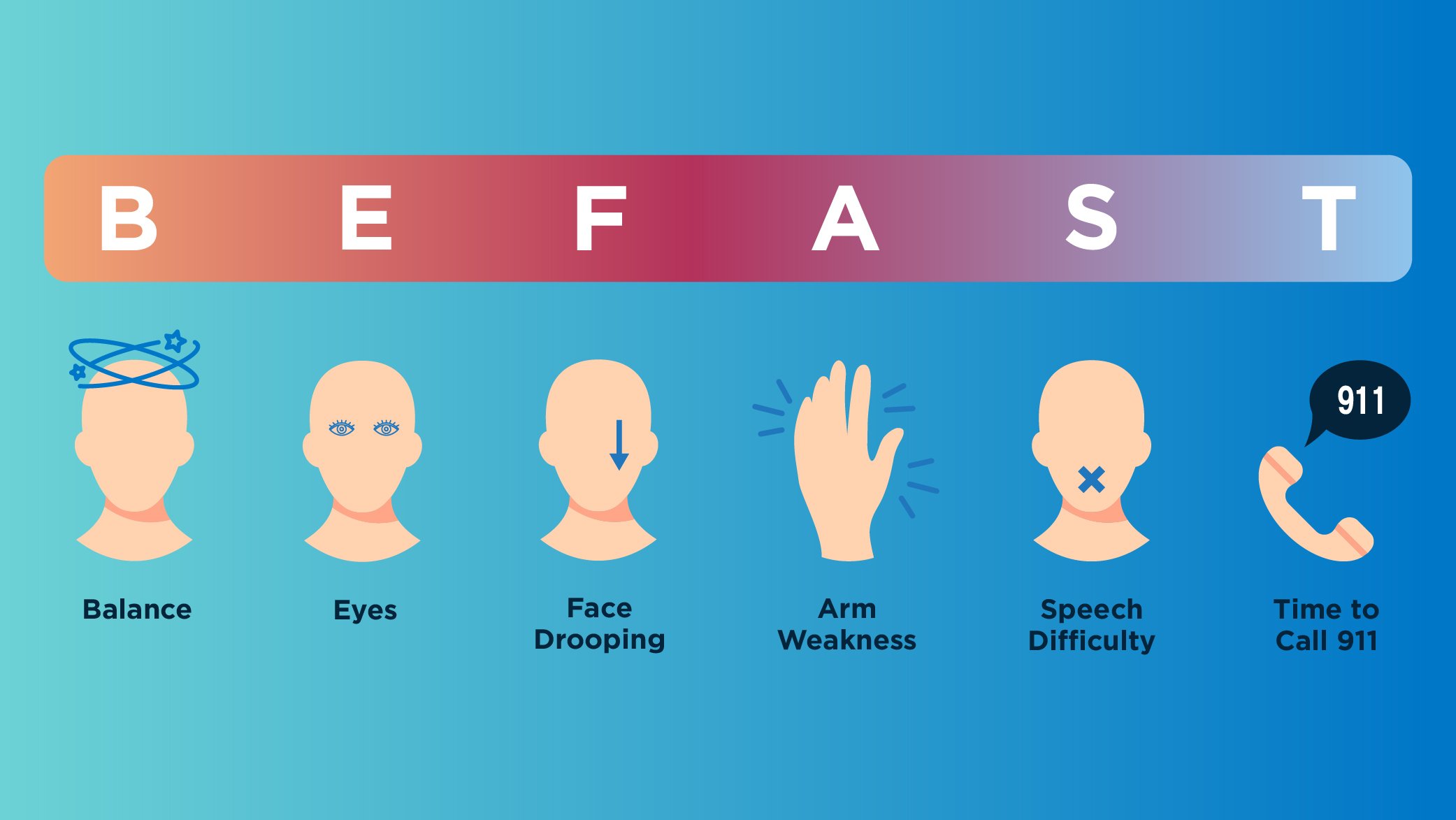Comprehensive Care for Better Seizure Control
Living with epilepsy or seizure disorders requires specialized care to manage symptoms and improve quality of life. Our epilepsy care team offers a comprehensive approach to diagnosis, treatment, and long-term management, helping you gain control and live confidently.
Our Approach with Epilepsy Care
Our approach to epilepsy care combines cutting-edge technology with compassionate care. We work closely with each patient to identify the cause and triggers of seizures, and offer individualized treatment options such as medication management, neurostimulation, and surgical interventions when needed, with the goal of managing or reducing seizures and improving your quality of life.
Conditions We Treat
We provide specialized care for a variety of epilepsy and seizure disorders.
- Epilepsy
- Seizure disorders
- Refractory (drug-resistant) epilepsy
- Generalized seizures
- Focal seizures
- Absence seizures
- Juvenile myoclonic epilepsy
- Lennox-Gastaut syndrome
- Temporal lobe epilepsy
Our Services & Treatments
Our comprehensive range of services is designed to help manage and treat epilepsy effectively. We offer a wide range of services to support epilepsy care, including:
- Comprehensive epilepsy evaluations and diagnostics
- Long-term video EEG monitoring
- Medication management
- Ketogenic diet therapy for seizure control
- Vagus nerve stimulation (VNS)
- Responsive neurostimulation (RNS)
- Epilepsy surgery for severe cases
- Neuropsychological evaluation and support
- Counseling and support services








